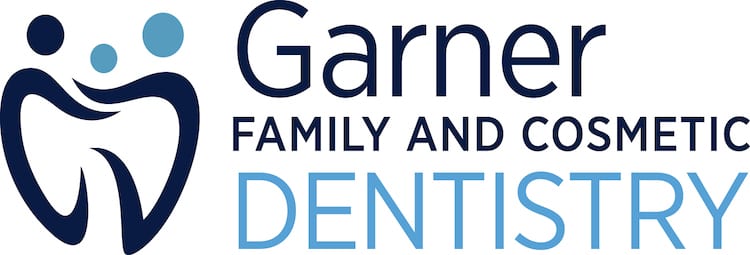As you grow older, your cells can no longer repair routine damage you once could fix quite quickly. As a result, you may notice changes in your body that might eventually lead to medical concerns. Aches and pains are common and usually non-threatening, but aging can also affect your oral health in more serious ways.
Senior dental patients might therefore need more targeted regular and preventative oral health care in order to protect their smiles. A dentist can evaluate your specific needs when it comes to maintaining your dental health when you schedule a consultation appointment.
But you can also look into the different effects aging can have on your smile so that you better understand what to expect. Read on to learn about three complications regarding your oral health that stem from aging.

Chronic Health Conditions Affect Oral Health Management
You have a higher likelihood of developing certain chronic medical conditions as you grow older. You can manage heart disease, diabetes, arthritis, and other diseases with help from your doctor. But these issues can also affect your oral health.
Existing health concerns may generate systemic inflammation, an automatic response from your body as it attempts to repair damaged cells from these conditions. But this inflammatory response also may make you more vulnerable to infections, including oral ones like gum disease. If natural oral bacteria reach your gum tissue, you can see swelling, bleeding, tenderness, and other discomforts related to gum disease.
If gum disease progresses, you may suffer irreversible dental damage like tooth loss. This infection needs intervention from your dentist to treat. So many dentists prioritize preventative care to prevent contracting gum disease in the first place. This means working with both your dentist and your doctor to address risk factors, including managing existing chronic health problems.
Increased Danger of Dry Mouth
Your body will change as you age. For instance, you may see hormonal fluctuations that can affect several processes within your body, including saliva production. If you produce less saliva, you can develop dry mouth.
Not only does dry mouth feel uncomfortable, but a dry oral environment also allows bacteria to travel through the mouth with greater ease. This heightens your risk of oral infections.
Certain medicines that older dental patients may take also feature dry mouth as a side effect. Counteract dry mouth by drinking plenty of water. Otherwise, you could endanger your oral health.
Cognitive Problems Impact Oral Health Care
Aging may lead many people in the direction of cognitive decline. They can be more susceptible to dementia, Alzheimer’s disease, and similar conditions that affect mental processes like memory. These dental patients may forget to complete certain routines and tasks, including oral hygiene.
Without consistent and thorough oral hygiene, plaque and other harmful residues will remain in the mouth. They can then erode your dental structure, weakening the teeth and putting them at a greater risk of tooth decay. Consult with your dentist to learn tips for sticking to a healthy oral health care routine and maintaining your beautiful smile.
